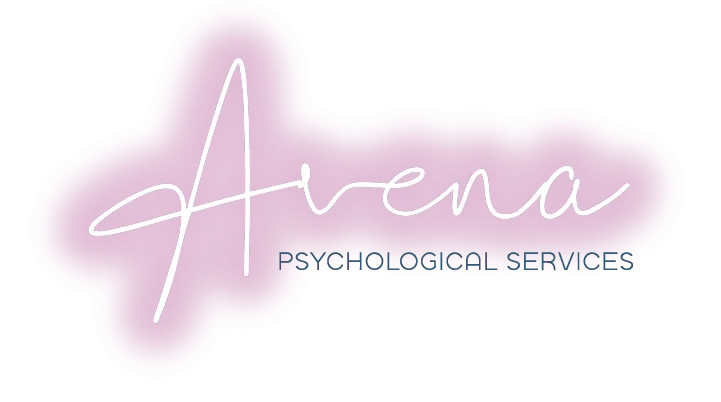Feeling down sometimes is a normal part of life. But when those low feelings linger and start to impact your daily life, that’s when it’s crucial to consider seeking support. While self-help strategies can be beneficial, depression therapy with a qualified professional can offer a unique and powerful path to healing.
Understanding the Difference
Self-help resources like books, apps, and online communities provide valuable information and tools for managing depression symptoms. They can be a great starting point, especially for mild cases. However, they often lack the personalized guidance and accountability that therapy offers.
A depression therapist is trained to create a safe, supportive space where you can explore the root causes of your depression, develop coping mechanisms, and work towards lasting change. They tailor their approach to your individual needs and provide ongoing support and motivation, which can be invaluable in navigating the ups and downs of depression.
Why Consider Therapy?
Here are some key reasons why seeking professional help for depression can make a significant difference:
- Personalized Treatment: Unlike self-help resources, therapy offers a customized approach that addresses your unique experiences, thoughts, and emotions.
- Expert Guidance: A depression therapist has the training and experience to accurately diagnose your condition, develop a comprehensive treatment plan, and adjust it as needed.
- Emotional Support: Therapy provides a safe space to express your feelings without judgment and receive empathic support from a neutral professional.
- Skill Development: Therapists can equip you with practical coping skills, like cognitive-behavioral therapy (CBT) techniques, to manage difficult emotions and negative thinking patterns.
- Accountability and Motivation: Having a regular therapy appointment creates accountability and helps you stay committed to your goals. Your therapist can also provide positive reinforcement and encouragement.
- Deeper Exploration: Therapy delves deeper into the underlying causes of your depression, helping you address any unresolved issues from the past that may be contributing to your current state.
When is Therapy Right for You?
If you’re experiencing any of the following, reaching out to a depression therapist is highly recommended:
- Symptoms that interfere with your daily life, work, or relationships
- Feelings of hopelessness or worthlessness that persist
- Difficulty sleeping or changes in appetite
- Suicidal thoughts or urges
- Substance abuse or misuse
- Lack of improvement with self-help strategies
Taking the First Step
Taking the first step towards seeking help can feel daunting, but remember, you don’t have to go through this alone. If you’re unsure where to start, consider exploring online directories of licensed therapists specializing in depression. Your doctor or primary care physician can also offer valuable guidance and referrals.
Remember, depression is a treatable condition, and seeking professional help is a sign of strength, not weakness. With the right support and resources, you can find your way back to a happier, healthier you.
Warm Tips:
- Be patient: Finding the right therapist takes time. Don’t hesitate to try different professionals until you find someone you click with.
- Be open and honest: The more open you are with your therapist, the better they can understand your needs and provide effective treatment.
- Celebrate progress: Even small improvements are worth acknowledging. Remember, healing is a journey, not a destination.
If you’re considering self-help resources alongside therapy, be sure to discuss them with your therapist to ensure they align with your treatment plan.
Ultimately, the decision of whether to pursue therapy is personal. But remember, you deserve to feel happy and fulfilled. Don’t be afraid to take that first step towards a brighter future.
Contact Avena today to explore a therapy option for you.
Contact us to schedule an appointment with a professional in New York or New Jersey.

